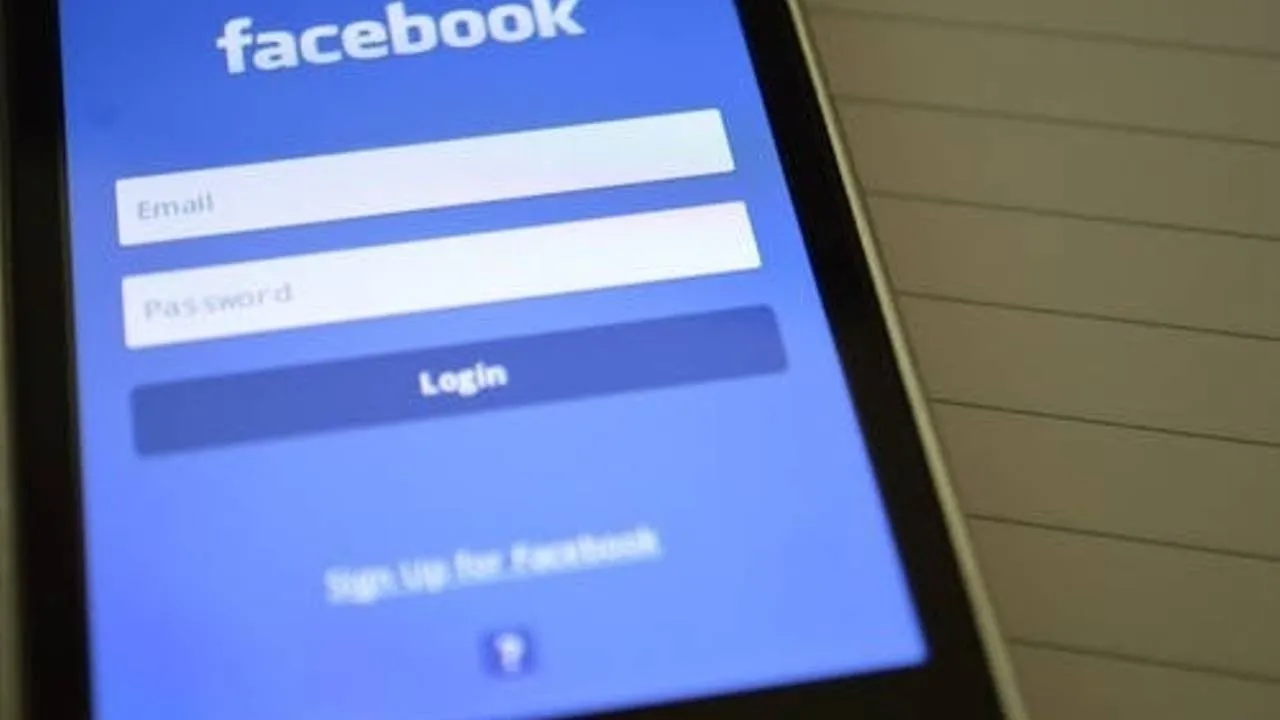Last week, as students all around the world returned to school for a new year, it was reported that a college freshman from Lebanon was denied entry at the airport on his way to his first year at Harvard University. The reason for his denial, despite having an approved student visa and having been admitted into Harvard, was that border officials searched his phone and computer and found “people posting political points of view that oppose the U.S. on [his] friend list.”
Since the Department of State began requiring applicants to list all of their social media accounts and identifiers on their visa application earlier this summer, this type of occurrence is likely much more common than we realize, or than is reported in national news. While many people who read this story are likely questioning the powers of DHS and how to reconcile personal rights with national security threats, the administration has now taken it one step further.
Recent reports revealed that USCIS officers have now been authorized to create fake social media accounts in order to view and monitor online activity of the intending immigrants. The purpose of these fake accounts is to look for signs of immigration fraud or security threats within personal social media accounts.
According to USCIS’s new policy, officials will not be able to request to “follow” or “friend” individuals with private accounts, but they may search for and view public accounts. They are also not authorized to interact with accounts by commenting or messaging. Because certain social media platforms limit the viewable content for users without an account, USCIS officials must create fake accounts in order to view the full profile of some individuals.
It is unclear how long this new policy will last. Many social media platforms, such as Facebook and Twitter, explicitly state that fake accounts are not allowed on the site. Facebook put out a strong statement saying that just like everyone else, USCIS agents are not allowed to use fake names, and violating accounts will be taken down. Twitter put out a statement saying that they will look into this new proposal closely to determine if it would be a violation of their guidelines.
This policy enters a tricky new territory in the age of social media that many industries are struggling to navigate. It will likely take time to establish clear guidelines and ethical standards, especially when national security risks are part of the equation.







